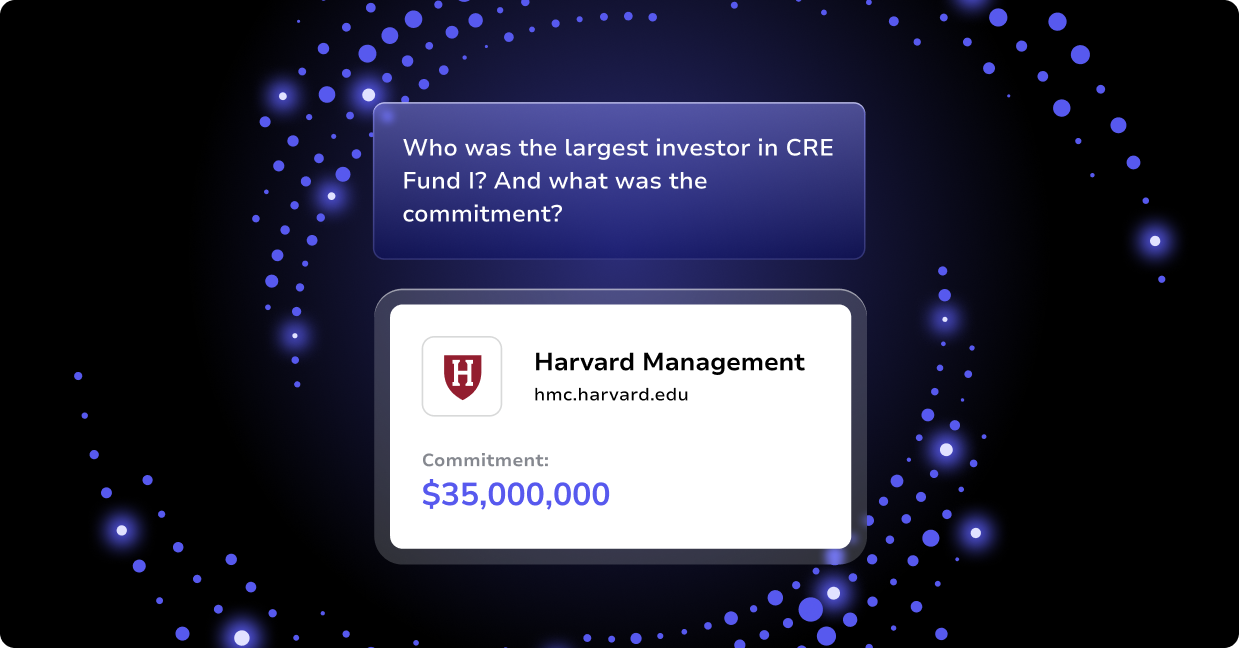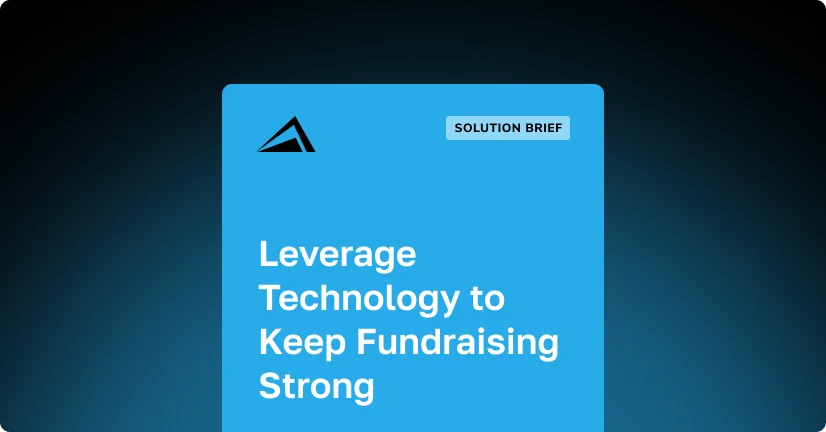The industry has seen a significant uptick in investor demand for better-performing deals and asset classes, and a solid investment management strategy is a core component in meeting that demand. As part of that strategy, Private Equity and Venture Capital are evolving not only to better understand the immense value data and analytics can bring to the firm, but also meet the needs of stakeholders demanding greater transparency in reporting and more insight into valuation processes.
With private equity firms experiencing a rising pressure to utilize both data generated from operations as well as the industry, PE/VCs need to not only understand the value of their data generated through internal operations (and how this might affect the information provided to investors and key stakeholders) but also how to use a combination of company-generated and industry-level data throughout the entire investment lifecycle—from unlocking new opportunities within the market to making better-informed decisions.
So how can your firm’s investment strategy benefit from data-driven insights, specifically? Read on to find out.
Better Analysis Starts with Better Access to Quality Data
Without access to quality data, firms put themselves at risk of making ill-informed decisions. However, to fully leverage the power of data and analytics, many firms will need to upgrade their data infrastructure to incorporate AI and machine learning – critical components to drive innovation.
Thankfully, due to the rise in demand, PE/VC-specific software solutions are available that can help firms shift from manual spreadsheet analyses and forecasts and projections (which are highly prone to human error) to a more streamlined portfolio monitoring process.
For example, before streamlining their data and reporting, RCP Advisors had data and information scattered across spreadsheets and team members. They were running inefficient processes to try to make sense of it all. After implementing Altvia’s software solution, the firm was able to automate and enhance the reporting capabilities that they had been running manually, significantly improving their ability to present data in a usable format.
With these newly enhanced reporting capabilities, RCP is armed with more informative, more insightful, and more accurate data, empowering them to make better-informed decisions throughout the deal stage.
The Role of Data in Analyzing, Forecasting and Evaluating Investments
According to a report from The Wall Street Journal, 77 percent of PE executives conducted due diligence data analytics, while 68 percent utilized it during negotiations. From sourcing through to monitoring, data plays a critical role in each stage of the investment management funnel, and the ability to gather large groups of data together in a digestible format will help provide a more efficient and profitable business.
Perform Stronger Due Diligence
In the research and due diligence phase of a deal, firms can leverage data and analytics both internally and from the industry to look beyond the information provided at face value to better inform their decision-making. The pre-deal stage includes leveraging third-party online sales data to identify category trends, pricing, and validating assumptions about a brand before moving forward.
Unlock New Growth Opportunities
When it comes to value creation plans, data and analytics provided through AI can help speed up the process while unveiling new growth opportunities. With broader data sources, firms can better understand the market, uncover consumer behavior and trends, and even develop data-driven insights to attract new customers.
Track Progress and Pivot in Real-Time
Along with unlocking new opportunities, sophisticated portfolio monitoring software (like Altvia’s!) can provide deep insights to help PE/VCs track progress against their investment management strategy and use new information to identify underlying issues, empowering them to pivot and course-correct in real-time.
Enhance Value for Portfolio Members
Finally, PE/VCs can leverage data and analytics to formulate a solid story to demonstrate the value created for portfolio members. For example, by leveraging both market and internal data, firms can more efficiently analyze businesses throughout the entire sale process and demonstrate robust data-driven strategies for portfolio members.
Level Up Your Investment Management Strategy
Data and analytics are invaluable tools for any firm’s investment management strategy and provide powerful insights surrounding portfolio monitoring and pre-acquisition research. But they also play a major role throughout every stage of the deal funnel—from due diligence to monitoring.




